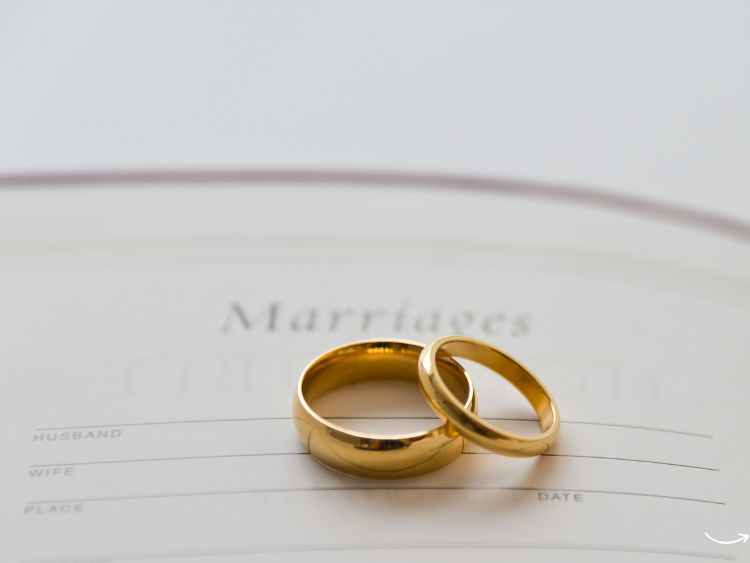Gay marriage, also known as same-sex marriage, has been a significant and often contentious issue in the United States, including Florida. The journey toward legalizing gay marriage in Florida was fraught with legal battles, societal debates, and shifting public opinions. Today, gay marriage is legal in Florida, but what does that mean for residents and those considering marriage in the state? This article delves into the legal status, rights, and implications of gay marriage in Florida, providing a comprehensive guide for anyone seeking to understand this important issue.
The Road to Legalization
The path to legalizing gay marriage in Florida was anything but straightforward. For years, same-sex couples in Florida faced legal and social barriers that prevented them from marrying. However, this changed on January 6, 2015, when gay marriage became legal in Florida, following a series of court rulings that struck down the state’s ban on same-sex marriage.
Focus Keyword: Gay marriage Florida legal
SEO Meta-Description: Discover the legal status, rights, and implications of gay marriage in Florida. Learn about the journey toward legalization and what it means for residents today.
Legal Challenges and Landmark Cases
The legalization of gay marriage in Florida was the result of several key court cases that challenged the state’s ban on same-sex marriage. One of the most significant cases was Brenner v. Scott, where U.S. District Judge Robert L. Hinkle ruled that Florida’s ban on same-sex marriage was unconstitutional. This ruling was a turning point, leading to the eventual legalization of gay marriage in the state.
Timeline of Legal Milestones:
- 2008: Florida voters pass Amendment 2, which defines marriage as a union between one man and one woman, effectively banning same-sex marriage.
- 2014: Multiple lawsuits are filed challenging the constitutionality of Florida’s ban on same-sex marriage.
- August 2014: Judge Hinkle rules that Florida’s ban on same-sex marriage is unconstitutional but stays the ruling pending appeals.
- January 5, 2015: The stay expires, and same-sex marriages begin in Florida.
- January 6, 2015: Gay marriage is officially legal in Florida.
These legal milestones not only paved the way for marriage equality in Florida but also set the stage for the U.S. Supreme Court’s landmark decision in Obergefell v. Hodges later in 2015, which legalized gay marriage nationwide.
What Legalization Means for Same-Sex Couples in Florida
The legalization of gay marriage in Florida has far-reaching implications for same-sex couples. Legally married same-sex couples now enjoy the same rights, protections, and benefits as heterosexual couples. These include:
- Tax Benefits: Same-sex couples can file joint tax returns, which may result in significant tax savings.
- Inheritance Rights: In the absence of a will, a surviving spouse has inheritance rights under Florida law.
- Health Care Decisions: Spouses have the legal authority to make health care decisions for each other in the event of incapacitation.
- Adoption Rights: Married same-sex couples can jointly adopt children, providing legal recognition of both parents.
The recognition of these rights has been a monumental step forward for equality in Florida. It ensures that same-sex couples are treated equally under the law, with the same legal protections as any other married couple.
Social and Cultural Impact
The legalization of gay marriage in Florida has also had a significant impact on the state’s social and cultural landscape. Public opinion on same-sex marriage has shifted dramatically over the years, with increasing acceptance and support from various communities. This change in attitude is reflected in the growing number of same-sex marriages in the state and the visibility of LGBTQ+ individuals and families in public life.
Changing Attitudes Toward Gay Marriage:
- 2008: Only 37% of Floridians supported same-sex marriage.
- 2015: Support rose to 56% following the legalization of gay marriage.
- 2023: Surveys show that over 70% of Floridians support marriage equality.
This shift in public opinion has not only fostered greater acceptance of LGBTQ+ individuals but has also contributed to a broader understanding of diversity and inclusion in Florida.
Challenges and Ongoing Issues
Despite the progress made, same-sex couples in Florida still face challenges. Discrimination based on sexual orientation or gender identity remains an issue in certain areas, particularly in employment and housing. While federal protections exist, there are still gaps that leave LGBTQ+ individuals vulnerable to discrimination.
Moreover, the political climate in Florida can be unpredictable, with periodic attempts to roll back LGBTQ+ rights. Vigilance and continued advocacy are essential to ensure that the rights gained through the legalization of gay marriage are preserved and expanded.
The Role of Advocacy Groups
Several advocacy groups have played a crucial role in the fight for marriage equality in Florida and continue to work toward full equality for LGBTQ+ individuals. Organizations like Equality Florida and the ACLU have been instrumental in challenging discriminatory laws and policies, providing legal support to same-sex couples, and promoting awareness about LGBTQ+ issues.
These groups also offer resources and support for individuals facing discrimination or seeking information about their rights. Their ongoing efforts are vital in ensuring that Florida remains a state where everyone, regardless of sexual orientation, can live openly and freely.
FAQs About Gay Marriage in Florida
1. Is gay marriage legal in Florida? Yes, gay marriage has been legal in Florida since January 6, 2015.
2. What rights do same-sex married couples have in Florida? Same-sex married couples in Florida have the same rights as heterosexual married couples, including tax benefits, inheritance rights, health care decision-making authority, and adoption rights.
3. Can same-sex couples adopt children in Florida? Yes, same-sex couples can jointly adopt children in Florida, with both parents receiving legal recognition.
4. Are there any ongoing challenges for same-sex couples in Florida? Yes, while significant progress has been made, same-sex couples in Florida may still face discrimination in areas like employment and housing.
5. What should I do if I face discrimination based on my sexual orientation? If you face discrimination, you can seek support from advocacy groups like Equality Florida or the ACLU, which provide legal assistance and resources for LGBTQ+ individuals.
Summary
The legalization of gay marriage in Florida marked a significant milestone in the fight for equality. Today, same-sex couples in the state enjoy the same legal rights and protections as any other married couple. However, challenges remain, and ongoing advocacy is essential to ensure that these rights are upheld. Florida’s journey toward marriage equality is a testament to the power of persistence and the importance of equal rights for all.
For more information on this topic, here are some authoritative resources:
These links can provide additional insights and support for those interested in learning more about gay marriage in Florida and the broader fight for LGBTQ+ rights.



